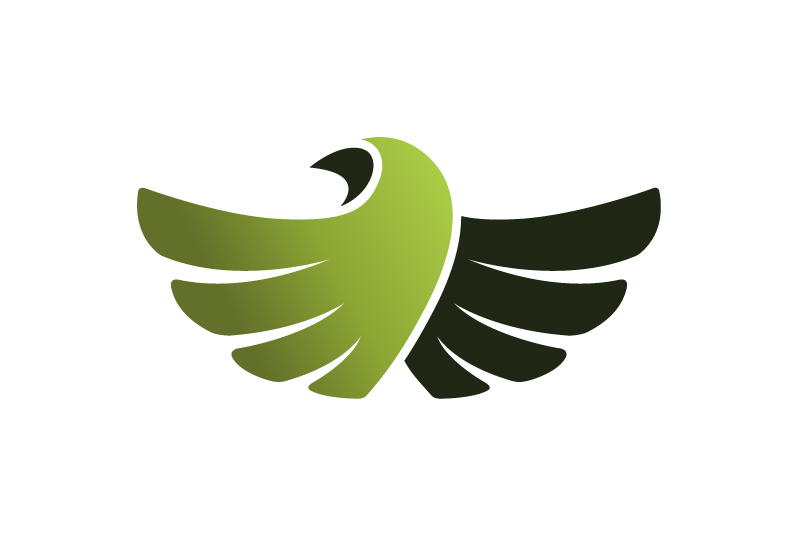How Can Massage Help With Muscular Problems?
What is the Muscular System?
The muscular system comprises three types of muscle: cardiac, involuntary and voluntary. Cardiac (branched) muscle is found only in the heart and contracts repeatedly to pump blood around the body. Involuntary (smooth) muscles are found in internal organs and are not under conscious control (e.g. peristalsis in the gut and vasodilation of blood vessels). Voluntary (striated) muscles are the skeletal muscles and are under our conscious control.
What Does it Do?
When we think about muscles, we think about movement, but the muscular system does more than that, it also:
- maintains balance and posture,
- stabilizes joints,
- warms us through shivering,
- cools us by dilating blood capillaries near the skin (vasodilation).
Disorders of the Muscular System
You may be familiar with some of the terms below when there is a problem with the muscular system, but it may be helpful to explain here what they are:
- Atony – a lack of normal tone (or tension) in a muscle.
- Atrophy – a wasting away of muscle, which occurs when a muscle is not used or is malnourished.
- Cramp – the sustained contraction of a muscle, usually from an acute salt deficiency and is most effectively treated using massage and stretching.
- Rupture – a tear in the sheath that surrounds a muscle.
- Spasm – the sustained contraction of several muscles, usually in response to pain.
- Sprain – damage caused when the ligaments of a joint are twisted.
- Strain – damage caused by overstretching of a muscle (may be accompanied by rupture).
Most of these problems can be managed with appropriate exercise or physiotherapy, adequate nutrition, rest, massage and/or analgesics if required. If in doubt about your muscular symptoms, seek medical advice.
There are other less common diseases of the muscular system, such as myopathy, which results in muscular weakness caused when muscle fibres do not function properly (there are inherited forms of the disease, e.g. the muscular dystrophies, and acquired forms, e.g. alcoholic myopathy). Also, myositis, which is inflammation of the muscles caused by a rare autoimmune disease manifesting as weakness, pain and fatigue in the muscles.
How Can Massage Help the Muscular System?
Massage boosts the circulatory system, resulting in faster delivery of nutrients and oxygen and faster removal of waste products and carbon dioxide, which optimises efficiency and can help improve muscle tone.
Massage can help in the management of cramp and muscle spasms through its calming effect on the nervous system.
Lactic acid is a byproduct of metabolism that can build up in muscles, which can cause fatigue, inflammation, pain and stiffness. Massage can help prevent or treat that it two ways. First, the manipulation of muscle tissue flushes the lactic acid out. Second, the rhythmic movement of muscle tissue in the direction of the heart drains the lactic acid into the lymphatic system for safe disposal from the body.
Massage can help improve flexibility and range of movement by relaxing muscle and allowing it to lengthen.

If you think massage may help you with a muscular problem, do get in touch. I offer a free 30-minute consultation to all new clients to discuss the options and work out the most suitable treatment for you.

